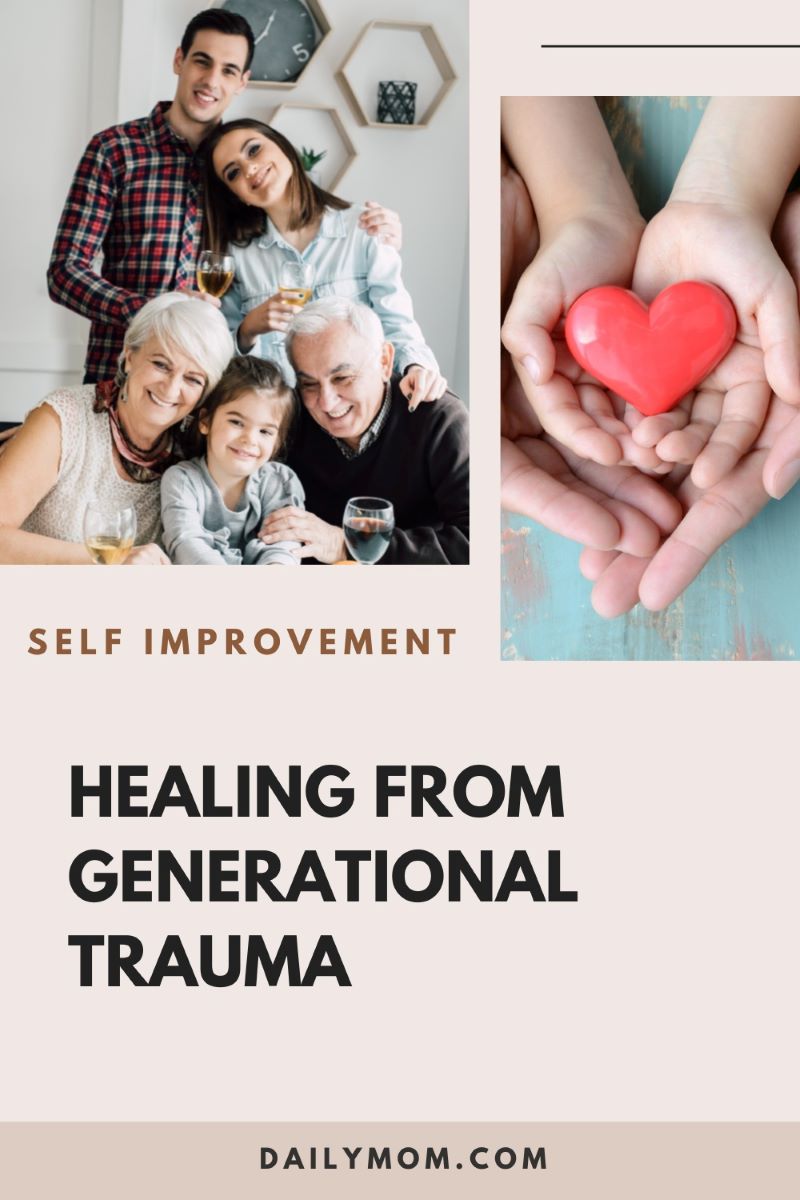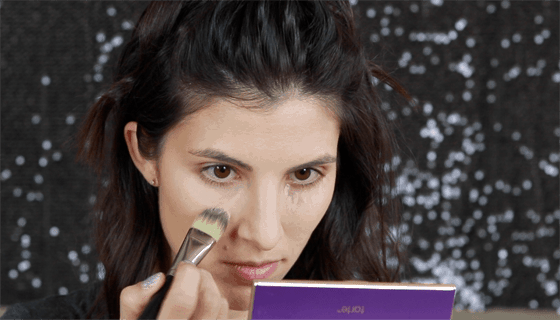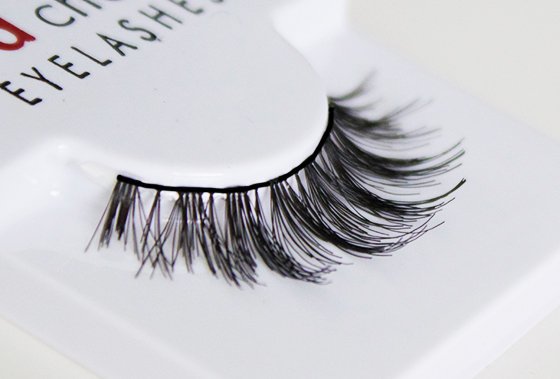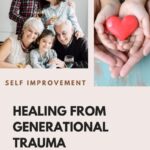Families can be tricky subjects. Most of the time we love our family members because, well, they are our family. Whether you have a good relationship with your parents or not, there is always a part of you that loves them because they are your parents. There’s that familial bond that doesn’t easily go away. That bond is also what leads to generational trauma. Everyone grows up in a situation that is informed by older generations and we continue to pass down behaviors and cycles to our own children because that is all we’ve ever known. Except it does not have to be that way. Stopping the cycle of generational trauma starts with acknowledging it and learning how to heal.
What Exactly is Generational Trauma?
Generational trauma is trauma that extends from one generation to the next. It is not just trauma that you experience. It is trauma that was passed down from your parents that was more than likely passed down from their parents and even potentially passed down to them from their parents.
It is silent trauma. It is sneaky and undefined. It comes up in ways that you usually don’t even realize. From an early age, you are taught to react and behave in certain ways because of it. You are likely to grow up thinking that it is normal because it is so deeply ingrained in your family life.

Usually, it is not until you are grown up and probably an adult and living your own life that you realize wait a minute…everyone doesn’t do this or act this way. Maybe a partner, spouse, or friend points it out. Maybe you see a TikTok highlighting something similar and think, wow, that’s just like my parents. You might recognize it on your own once you have kids and realize a particular habit or reaction isn’t healthy. You might even start going to therapy and realize through that process that you are dealing with generational trauma.
Think about it this way, and this is an important distinction: generational trauma is not the things that happened to you while you were growing up (or are still happening in your interactions with your family), it is all the mechanisms, responses, and the ways you have adapted to behave because of the things that have happened to you.
READ MORE: HOW TO USE MANIFESTATION TECHNIQUES IN YOUR LIFE
When you think about it this way, you might start to recognize some of the symptoms of generational trauma in yourself. They can include things like being super aware of your surroundings all the time, feeling like everything has a short future, mistrust, being distant, anxiety, depression, panic attacks, nightmares, insomnia, having a sensitive fight or flight response, and issues with self-esteem and self-confidence.
People who have experienced generational trauma may also have issues with their immune system. Either it is too active or not active enough. People who have experienced generational trauma are more likely to have autoimmune diseases and can be more susceptible to illness.
Causes of Generational Trauma
Psychologists believe that generational trauma gets passed down through epigenetics. In simple terms, epigenetics is the study of how behaviors and our environment can cause changes that actually affect the way our genes work. That does not mean that the environment or what we experience cause actual genetic changes (that would be impossible). Epigenetic changes can be reversible. They just change how our bodies read our DNA. Where generational trauma is concerned, there are some nervous symptom functions that epigenetics can have effects on that are particularly important like regulation of stress responsiveness and drug addiction.
The wild part of epigenetics and why it is looked at in conjunction with generational trauma is that there is evidence suggesting that this trauma and the changes caused by it can be passed down to kids when that trauma occurred before they were born and even before they were conceived.
READ MORE: 10 ANXIETY APPS TO HELP YOU CALM YOUR MIND

Scientists believe that generational trauma can be passed down through actual DNA modifications, while in the womb, through memories, in cultural messages and conditioning, through emotional wounds, through normalizing hatred and cruelty toward others, and by parents bypassing or not coping with their own trauma.
Trauma is different for everyone. Any level of trauma can lead to generational trauma. It could be caused by a singular traumatic event like a sexual assault, a fire, or a devastating natural disaster, but it can also be caused by ongoing trauma like neglect or abuse.
The trauma that gets passed down can be something that happened to your own parents or could be something that was passed down through them from their parents or even grandparents. For instance, if one of your grandparents was neglected by their parents, they may have been distant, neglectful, or cruel to their children as a result of the trauma they experienced. In turn, that affected your parent who might also be distant or neglectful to their children. They might respond and be affected by that trauma in a way that causes them to seem narcissistic and wrapped up in their own needs, which could include the need for attention since they did not get that as a child.
It is easy to see how generational trauma would affect you as a child, and into your adulthood.
How Generational Trauma Affects Families
While generational trauma may bring some families or family members closer, it can cause other families or family members to drift apart. For instance, one set of siblings may band together and become closer in an effort to protect themselves and try to break the cycle of generational trauma in their family. Another set of siblings might have little to do with each other for the same reasons – to protect themselves from the pain and dysfunction of their family and in an effort to break away from that trauma.
Older generations often set the stage for how emotions are dealt with within a family. If your parents hide their emotions and act like nothing is happening or internalize their emotions until something triggers them and they completely lose it, it is likely that you and your siblings will do the same. If you grow up watching family members drink and/or use drugs to cope with problems, you are more likely to do the same because that is what you learn and know. The trauma then continues to trick down through generations because no one ever reaches out to get the help they need.
Common ways generation trauma affects families include disconnection, denial, detachment, estrangement, violence, neglect, abuse, impaired self‐esteem, the need for validation from others, just to name a few. Trauma and stress also increase the chances of chronic pain, certain illnesses, and behaviors that impact our health and wellness on an individual level, including anxiety, depression, intrusive thoughts, trouble sleeping, heart disease, diabetes, and substance abuse problems.
READ MORE: 5 EASY WAYS TO ENCOURAGE POSITIVE ATTITUDES IN KIDS
Healing and Stopping the Cycle
When we process and understand our generational trauma, we can often find ways to cope with and heal from these experiences. This will look different for everyone, even people within the same family. It is important to understand that this is an ongoing process. Even once you process the situation and are working to heal from it, the trauma and its effects will not disappear overnight, if ever.
If the trauma or abuse is ongoing, the first and most crucial step is to stop the cycle. This can be exceptionally difficult. It requires a lot of encouragement and support. But even once you remove yourself from the situation, it is important to acknowledge your experiences and your feelings about your experiences are completely valid. This is especially important to remember if you are in a situation where others (most like a toxic family member or a family member who is in denial) might try to tell you that you need to “move on and get over it” or that you are overreacting.

READ MORE: HOW TO BE A GOOD MOTHER WITH 5 SIMPLE TIPS
Healing looks different to everyone. Therapy is always a good idea for someone trying to heal from trauma. Talking to your support network, whether that be friends or family members helps. Being silent is never the answer. While you may not feel like you can talk to certain people about things, there is always someone in your life who you can share your feelings with and talk about what you are going through.
Once you understand how your generational trauma is affecting you, you can work to stop it from being passed on to your children. Mostly, that is about being aware of your actions and reactions to things to correct problematic behavior and put an end to generational trauma patterns.
For instance, maybe you would have gotten yelled at for not finishing your dinner and made to sit at the table until you ate everything. With your own children, consider having them take smaller portions of things, especially if they don’t particularly like something. If they are full and there is still food on their plate you could tell them that you’ll save it in case they get hungry in a little while. If they don’t come back for it, that’s ok. There is no need to yell at them or make them eat it the next night.
Sometimes healing can come from treating the people in your life the way you wish you would have always been treated. While it can be emotionally exhausting trying to constantly be aware of your responses so you can break unhealthy cycles with your own children, you are doing important work – both for yourself and for your kids.
While coming to terms with generational trauma may not be pleasant, the payoff for doing so is worth it. When you can start to let those trauma responses go and live your life more freely, it’s like a weight has been lifted off your shoulders. It can be exhausting. It can even be hurtful trying to break away from toxic family members and toxic cycles. Just remember that you and your kids will come out on the other side better for it.
WANT TO READ MORE?
Check out Boost Your Daughter’s Confidence Through Her Incredible Positive Traits for more advice, tips, and tricks.
CONNECT WITH DAILY MOM
💖 NEWSLETTER: DAILY READS IN YOUR INBOX 💖
Sign up to receive our picks for the best things to do, see and buy so you can relax and focus on more important tasks! Let us help you be the best version of yourself you can be!
BE SOCIAL WITH US
📌 LOVE IT? PIN IT!📌

Photo Credit: unsplash.com










































